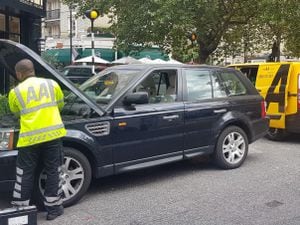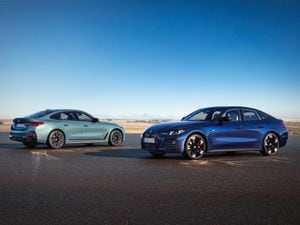New hybrid London taxi undergoes extreme testing ahead of new ‘zero-emission capable’ cab legislation
From January 2018, all newly registered London cabs must be capable of emitting no CO2
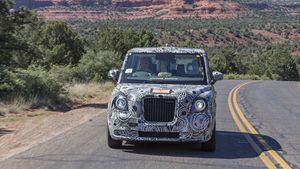
New hybrid London black cabs have been hot weather testing in Arizona ahead of their introduction to the UK later this year.
The London Taxi Company, which has provided black cabs in the UK for 69 years, has developed ‘range extender’ taxis to cope with new legislation that requires newly registered London cabs to be ‘zero emissions capable’ from January 2018.
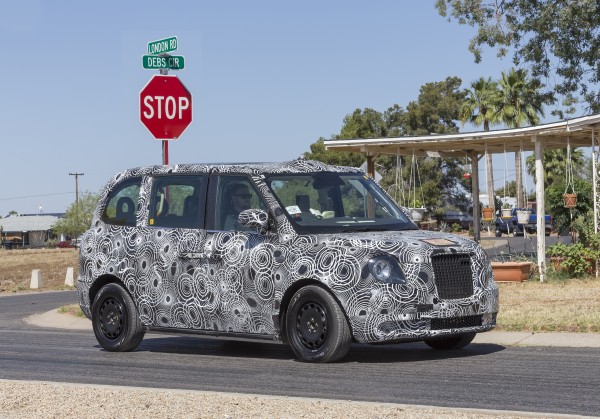
Transport for London (TfL) defines that as emitting up to 50g/km of CO2 with a 30-mile minimum zero-emission range.
The new hybrid taxis will be driven by a battery-powered electric motor, but come with a small petrol engine to top it up if levels get too low.
Testing in the Arizona heat is designed to check whether the batteries and ancillary systems can cope in extreme conditions – it also undertook cold weather testing in the Arctic earlier this year. The company says it typically travelled about 300 miles per day, about three times the average London taxi’s daily mileage.
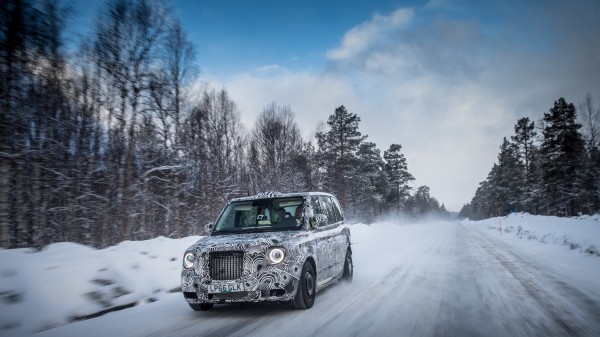
Dr Wolfram Liedtke, head of quality at London Taxi Company, said: “Testing in these extremes provides us with a huge amount of data, helping us to understand how the performance of the batteries changes at high temperatures, and how we can get the most charge out of them.
“In the next few weeks, our equipment testing will also take us to extremely humid environments, as well as some more mountainous terrain. This is all preparation for one of the most challenging environments for vehicles – everyday use on the streets of London.”
TfL and the UK government are expected to offer incentives of up to £7,500 to encourage black cab drivers to swap out of their older, more polluting vehicles.


